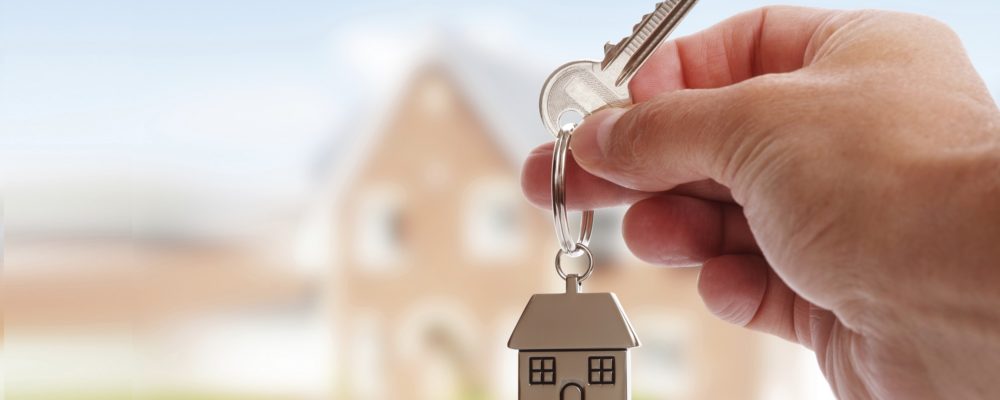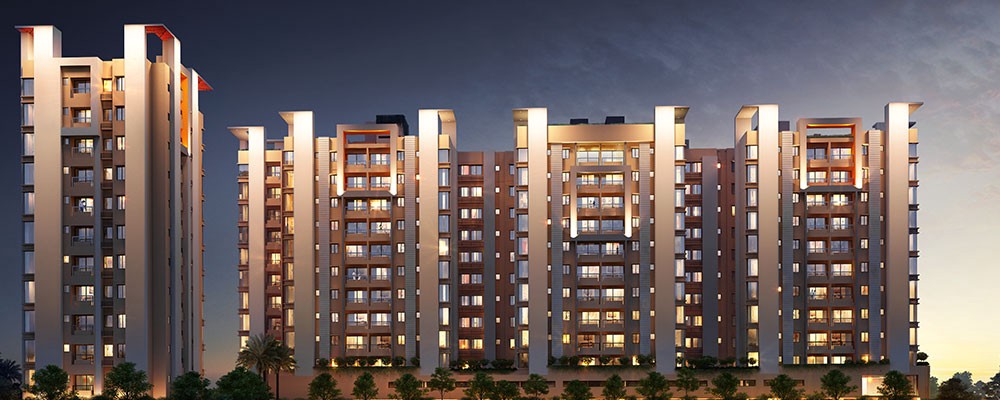Investing in real estate is invariably one of the best solutions in the context of capital investment. Many people decide to buy an apartment and then use the passive income generated by renting it. If you soon belong to this group or have just joined it, in this text you will learn what your duties (and rights) look like.
About what lies with the landlord
First of all, as a landlord, you undertake to deliver the premises in the condition as agreed for a fixed or indefinite period. During this period, you will be obliged to maintain this state (that is, to ensure access to, cleanliness and order to the rooms and equipment common to all residents).
An important element is the preparation of a handover protocol. It specifies the technical condition of all installations, and meters should also be measured. This document is the basis for settlements when returning the premises, when the contract ends and you leave the current tenant.
It is also on your side to adapt the apartment so that it is suitable for use. This means providing access to electricity, water and other utilities. Installations must be fully functional.
When something goes wrong
Repairs are another very important issue. After all, failures and faults are inevitable during operation. We can divide them into those that are charged to the tenant and those whose repair costs will have to be borne by the owner. The latter category includes:
- Repair and replacement of all elements related to the installations - ie sanitary, water, electricity, gas, hot water, central heating and collective antenna installations;
- At the same time, it is worth remembering that this provision does not apply to equipment, such as fittings or equipment for receiving a TV signal (heaters are an exception, because repair or replacement is part of the duties),
- Repair and replacement of elements related to the basic finish responsible for the tenant's comfort and safety - this category includes window and door joinery, as well as floors, carpets, etc.
Landlords also have their rights
Of course, being a landlord involves not only obligations but also rights. Knowing and respecting them allows for a healthy relationship with the tenant and the construction of the contract in such a way as to maximally protect against possible losses or his unfair behavior.
- The basic law applies to securing both the apartment itself, payment for rent and movables belonging to the apartment owner.
- The conclusion of the contract may be dependent on the deposit (the amount of which cannot exceed the amount of 12 monthly rents) and the pledge, the amount corresponding to the items left in the apartment (furniture, electronics, etc.).
- Other financial aspects are also legally stipulated - a notice period after which you can raise rents, as well as the period and conditions for terminating the contract.
- The act also applies to situations where the tenant has made unadjusted improvements to the property. Then you have the right to keep them for an additional fee or demand that they be restored to their original condition.
In summary, renting an apartment is a great way to earn a steady monthly income. By observing your rights and obligations, and including them in the contract with tenants, you minimize the risk of trouble.


Comments
Post a Comment